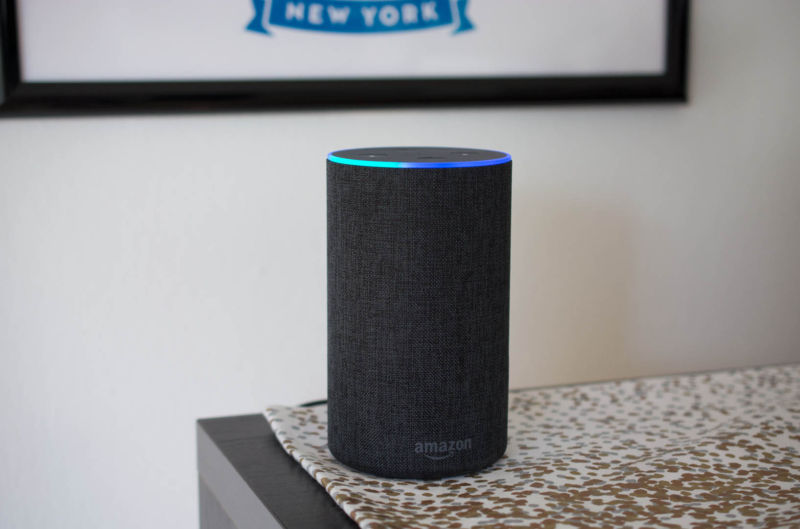Why a random federal agency gets to decide which devices we tinker with | Ars Technica
The Library of Congress expanded the types of DRM that can be legally broken.
 |
Why the Library of Congress gets to decide
Fortunately, Congress recognized that this is a problem and included a
narrow fix: every three years, the Library of Congress asks the public
for proposed exemptions to the law, and then it publishes a list of
activities that are exempt from the DMCA's anti-circumvention rules.
The agency has been doing this every three years for almost 20 years
now, and the published rules have become more and more extensive. In
2003, for example, the Library of Congress approved only four narrow exemptions:
accessing lists of sites banned by Internet blocking software, using
software with broken "dongle" based copy protection, obsolete video game
formats, and blind people using screen readers on e-books. It rejected a
number of requests for exemptions related to DVDs and copy-protected
music. Almost all of the proposed exemptions focused on music, movies,
e-books, or other copy-protected media.
Today the list of exemptions has expanded significantly. In its new
rulemaking, the Library of Congress renewed nine existing exemptions and
accepted eight new ones. Several of these exemptions had multiple
sub-parts.
The result is a byzantine system in which an obscure federal agency
gets to decide how people use a wide variety of computer systems. For
example, if you want to make a clip of a movie for educational
purposes—perhaps you teach a college film studies course—it's legal to
do this with screen-capture software. However, if you want to use a
different method that will produce a higher-quality clip, that's still
illegal under the latest rules.
There are now explicit carve-outs for circumventing a wide range of
devices, from cars to medical devices. But if you happen to own a device
that's not in any of the official categories, you're going to be out of
luck at least until the next triennial rulemaking process.
The DMCA process is a mess
Crucially, the law lets the Library of Congress make acts of DRM circumvention legal, but it doesn't allow the distribution of circumvention software.
So if you're a blind person who would like to read a copy-protected
e-book, it's legal under Library of Congress rules if you write your own
software to strip out the DRM. But if somebody else writes
screen-reading software that circumvents DRM and sells it to you,
they're still committing a federal crime—albeit not one that's likely to get them prosecuted.
The reality, of course, is that circumvention software is readily
available online for most of the circumvention categories the Library of
Congress mentions in its latest rulemaking. Many of these tools are
technically illegal under US law, but the federal government isn't
making a serious effort to crack down on them. And most of these tools
don't make any serious attempt to enforce the exact legal lines the
Library of Congress has drawn.
Ultimately, this makes the Library of Congress' every-three-years
rulemaking process a bit detached from reality. The reality is that
people are going to continue using software to make high-quality video
clips, whether or not the Library of Congress says that's OK. Nobody is
going to prosecute users who do this, and the makers of the ripping
software are probably going to be fine, too. Most users aren't even
going to know which circumvention activities are technically illegal
under the latest rules and which are legal.
But while nobody is going to enforce the Librarian's latest rules to
the letter, the rules still have significant symbolic importance.
Technically, the Library of Congress doesn't have the power to regulate
circumvention software. But if the Library of Congress blesses a
particular activity—say, using a screen reader on a DRM-protected
e-book—a lot of people are going to think that means that software to do
it is also legal. That will mean a larger PR headache for any publisher
that sued a maker of screen-reading software.
Still, the whole thing is a bit of a mess. Congress' goal was to stop
illicit sharing of music and movies, not to prevent screen reading of
e-books and fast-forwarding through DVDs—and certainly not to prevent
tinkering with cars and medical devices. The triennial exemption process
helps to temper some of the system's worst excesses, but a fundamental
rethink of the law's approach would be even better.
|
ayam sabung bangkok adu ayam online
ReplyDeleteadu ayam pisau sabung ayam filipin
ReplyDeleteGood post! visit https://kortingscode-blog.nl/vidaxl-kortingscode/
ReplyDelete